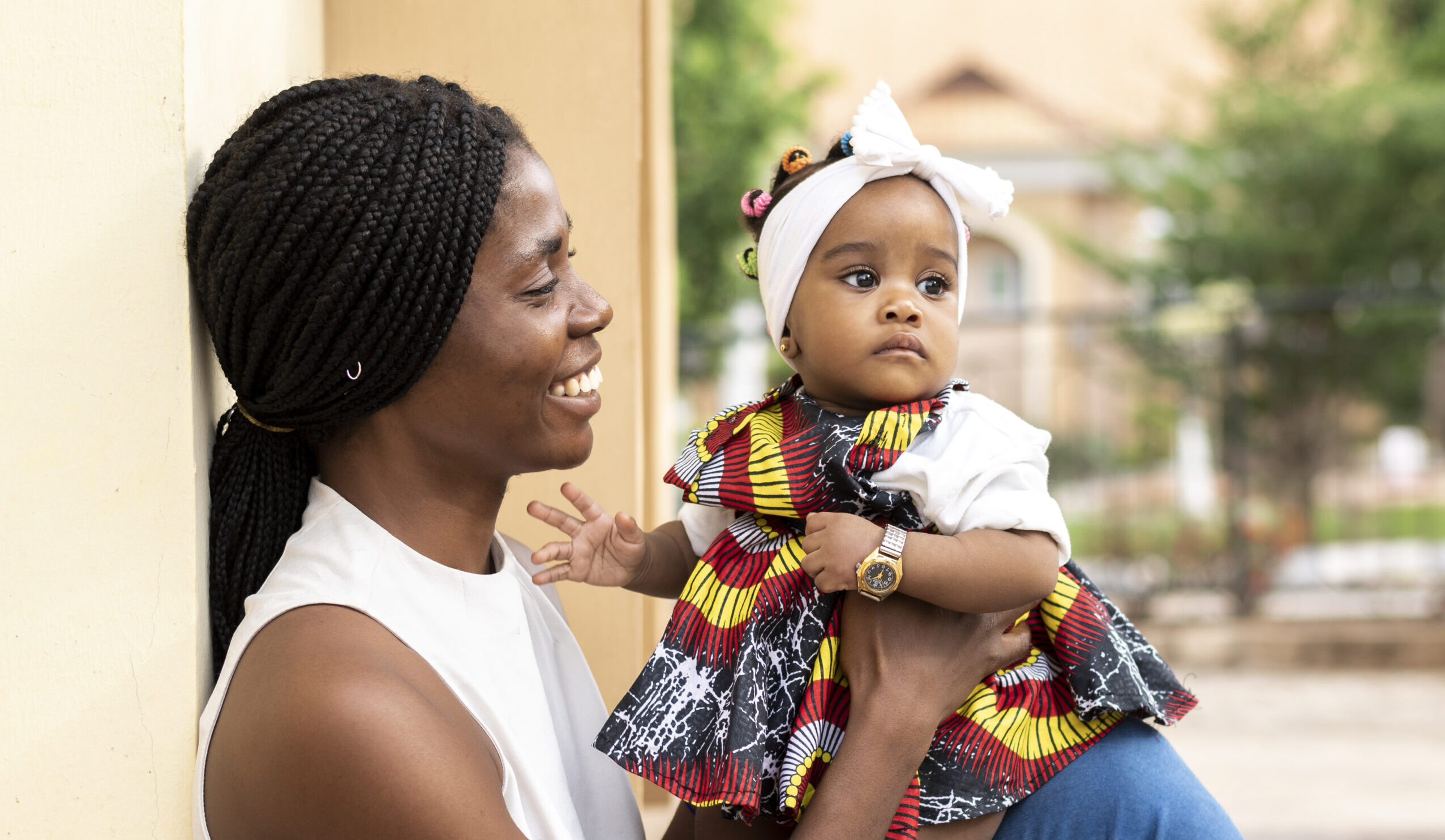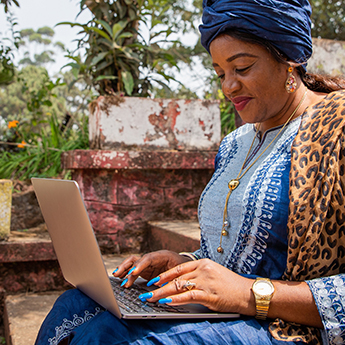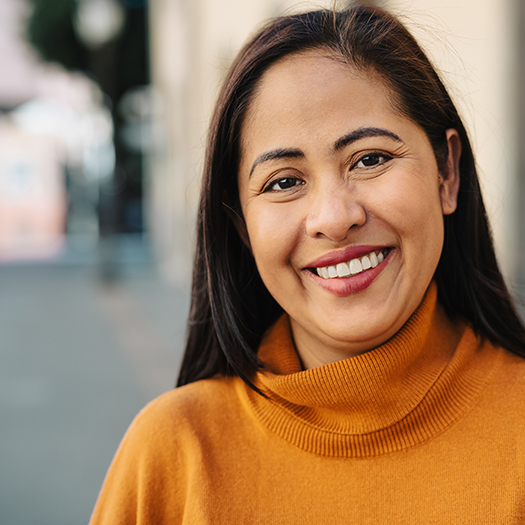
News
Faith Leaders Take Action on Rights-Based Family Planning
October 23, 2023
Blogs & Articles
Previous

Hope and heartbreak for Pakistan in the era of cli...
Next

Recap: Performance, Monitoring and Evidence Workin...
By Veronica Fonseca Castro, Coordinator, Communications & Advocacy, FP2030
This month, FP2030 brought together two seemingly different worlds: faith and family planning. Given a persistent narrative that religion is at odds with family planning, these might seem like two communities that work with each other, but in fact the opposite is true: Many faith leaders and organizations believe ensuring access to rights-based family planning, autonomy, and gender equality is a religious imperative.
The three-day meeting in Abidjan, Cote D’Ivoire was a testament to the power of unity, empathy, and collaboration. The faith and family planning workshop brought together faith leaders, actors, non-government organizations (NGOs), donors, and other key players on a journey that explored a shared vision for ensuring family planning is a cornerstone of universal healthcare, equal rights, and sustainable development.
Family planning doesn’t exist in a bubble; it’s woven into a web of relationships among patients, healthcare workers, communities, religion, social dynamics, and deeply rooted traditional and/or religious beliefs. Therefore, workshop participants worked to identify the hurdles standing in the way of making family planning a societal norm for many people, particularly those in their religious communities.
Participants recognized that entrenched traditional beliefs and cultural taboos were major roadblocks, or perhaps some seemingly impossible barriers to crack. Faith leaders and advocates realized that it was necessary to not only challenge but seek to correct misconceptions around sacred texts, beliefs, and practices. Often, these misconceptions were wrongly labeled as religious doctrines rather than cultural norms, holding back the implementation of family planning practices by religious actors and the desire for followers to reach out to their religious communities when seeking support.
However, the discussion not only centered around the challenges faith leaders have in participating in family planning advocacy, but also delved into solutions to make collaboration more effective. Participants discussed the importance to engage faith leaders in open and constructive dialogues within their communities. The idea was to show that family planning, religious teachings and cultural practices go hand in hand, consequently bridging the gap between faith and family planning and turning these tough barriers into opportunities for collaboration.
In addition, leaders and advocates agreed on the key role that young people play in the discussion. Participants agreed that young people should have access to family planning and receive comprehensive information that’s free from taboos and misconceptions. Family planning isn’t just for those already married; it’s about giving young people the power to make informed choices about whether or when they want to have children.
To counter these roadblocks, leaders emphasized the crucial importance of deconstructing misconceptions through various methods. Faith leaders stressed the need to establish a meaningful connection with their followers, engaging them on common ground. For instance, they proposed the use of educational workshops to break down taboos and provide essential information on the importance of family planning choices. They stressed the necessity of collaboration with healthcare workers and non-governmental actors to effectively engage communities, dispel myths, and promote family planning as a vital element of well-rounded healthcare and sustainable development. Finally, participants also called for the use social media to work along young people as a way to bridge generational gaps and bust myths to show how family planning aligns with religious values.
As the Abidjan meeting wrapped up, faith and family planning advocates left with renewed determination, armed with innovative strategies to take on the challenges blocking universal family planning access. The journey continues toward a world where family planning isn’t just an option but a shared norm, fostering a brighter future for all.








